
1. How to Find a Good Vet: Word of Mouth
Referrals are one way to find a good vet. Referrals from friends and acquaintances are the best way to find a vet. Ask specific questions to those giving referrals: How long has your pet been seeing this vet? What were the health problems and how were they treated? What were the costs?
“If your friend has a healthy two-year-old spaniel, its veterinary needs may be very different from those of your elderly Siamese cat,” says Rosemary Bonderud of the British Columbia Veterinary Medical Association. “You may want to obtain a reference from the owner of another geriatric pet.”
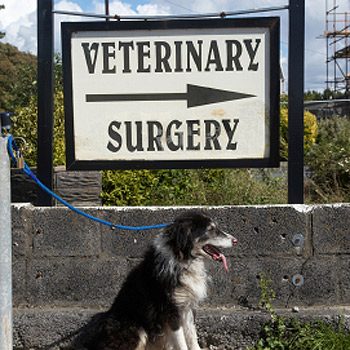
2. How to Find a Good Vet: Convenient Location
Another way to find a good vet is the location. After checking your phone book for local addresses, remember that not all vets handle all animal species. And to call himself a specialist, your vet must have additional training in an area of expertise such as ophthalmology, and be approved by the licensing body in his province. Vets aren’t allowed to use advertising that implies superiority, such as “best in town.” If you have any questions, call your provincial veterinary medical association.
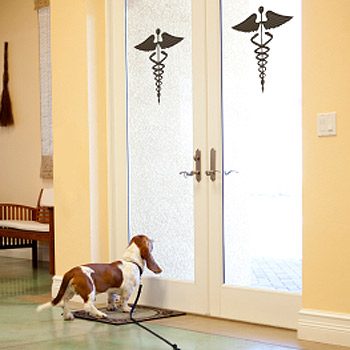
3. How to Find a Good Vet: Make a Short List and Visit Clinics
One way to find a good vet is to visit clinics. Arrive early, sit in the waiting room and chat with other clients. Look for a well-organized office with a cheerful receptionist. Your pet might wind up having more contact with the support staff than with the veterinarian, so everyone you meet should inspire confidence. Animal health technologists or veterinary technicians have a college diploma allowing them to work under the supervision of a veterinarian and to carry out almost all types of animal care except diagnosing, prescribing drugs or performing surgery.
Ask for a tour of the areas where animals are treated or kept. Are they clean and free of foul odours? Do the animals have comfortable bedding? Look at the size of the cages, but don’t assume bigger is always better. A small cage might prevent an injured animal from thrashing around and hurting itself.
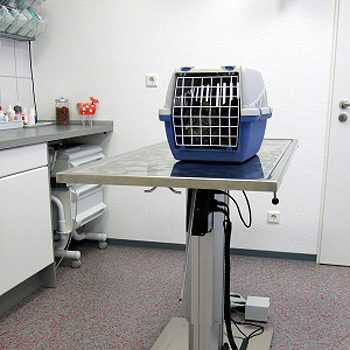
4. How to Find a Good Vet: Services & Treatment Areas
One way to find a good vet is to be sure of the type of service you need. Do you prefer a small clinic with one or two veterinarians, or large premises with specialists and diagnostic tools like ultrasound and endoscopy equipment? Is round-the-clock nursing available if your pet has to stay overnight? Would you prefer a practice that specializes in your type of pet; an all-cat practice, for example?
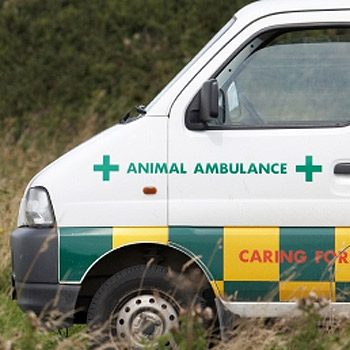
5. How to Find a Good Vet: Emergency
When looking for a good vet, make sure you know what type of service you will receive in emergency situations. Some vets still make house calls and offer emergency services after regular hours. Increasingly, especially in urban areas, you’ll be directed to a 24-hour emergency hospital. When your pet is struck by a vehicle, accidentally poisoned or suddenly immobilized, minutes could save its life.
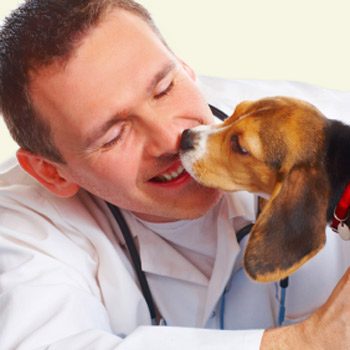
6. How to Find a Good Vet: Look for Rapport
When looking for a good vet, pick someone you feel comfortable with. Almost all complaints about veterinarians relate to poor people skills rather than poor medical skills, says Dr. Andrew Peacock, registrar for the Newfoundland and Labrador Veterinary Licensing Board, which resolves complaints from the public. “Look for a vet who communicates well, is sensitive to your feelings and honest about your pet’s problems.”
Marlene Gaskarth of Coquitlam, B.C., appreciates her vet’s consideration. After a five-month battle with cancer, her rottweiler cross, Carl, had to be euthanized. “When my husband and I decided to end Carl’s suffering,” says Gaskarth, “the clinic called the veterinarian at home and he came in on his day off. He allowed us to stay with Carl while he gave him the injection, gave us time alone with the body, then handled all the arrangements for cremation.”

7. How to Find a Good Vet: Does Your Vet Stay Informed?
Looking for a good vet? Don’t be afraid to ask how your vet stays current with the latest medical advances. Does he attend refresher courses? If you conduct your own research, will your veterinarian review the information you provide? In seven provinces (British Columbia, Alberta, Saskatchewan, Manitoba, Quebec, Nova Scotia and Prince Edward Island), continuing education is mandatory before a veterinarian’s annual licence is renewed.

8. How to Find a Good Vet: Comparison Shop
Check prices when looking for a good vet. Even spaying and neutering, the two most common surgeries, can see wide price variations. But quoted prices don’t tell the whole story: Find out what is included, and ask about extra charges. Cheaper isn’t always better. If you’re looking for the best deal on neutering your dog but want to ensure quality treatment, tell the vet its breed, age and size, which will influence the amount of anesthetic used and the time required for surgery. Then ask:
- What type of anesthetic will be used? In general, inhalants have replaced older, injected drugs. While inhalants are safer, the newer the drug is, the more expensive it can be.
- How many painkillers are administered before, during and after surgery? How long will my dog continue to receive pain medication?
- Will the vet be assisted by a technician during surgery? Does he use monitoring equipment that measures vital signs such as heart rate and oxygen saturation?
- After surgery, will my dog be kept overnight? If there’s no overnight supervision, your dog may be better off at home, where you can watch it yourself.
- Does the fee include a follow-up visit?
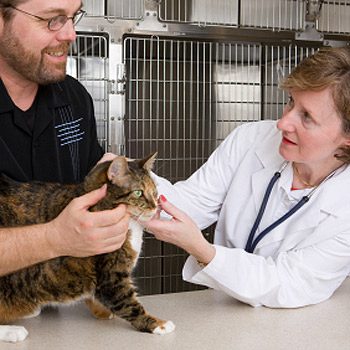
9. How to Find a Good Vet: Talk About the Costs
When looking for a good vet, talk about the costs. Will the vet provide written estimates and inform you of all options before proceeding with treatment? “It’s important to discuss finances before your pet has a problem,” says Dr. Duane Landals, registrar for the Alberta Veterinary Medical Association. “In an emergency, people are sometimes so distressed they can’t focus on what the vet’s saying.” The vet should also provide a daily update on your pet’s condition, especially if it looks like costs will rise.

10. How to Find a Good Vet: Pet Health Insurance
Look at insurance options when finding a good vet. This option is popular in Europe but relatively unknown in Canada, where less than five percent of pets are insured. Basic coverage against accidents and illnesses starts at about $20 a month for a healthy pet. Christopher A. Stea of Schumacher, Ont., has had pet insurance for the past 14 years. He estimates he has spent $5,000 on coverage for his two rottweilers but saved triple that amount in veterinary bills when both dogs developed terminal cancer. His advice: Read the policy carefully and be aware of deductibles.

11. How to Find a Good Vet: Confirm the Veterinarian’s Status
Confirm your vet’s status when looking for a good vet. The risk is small, but it’s worth a phone call to confirm that your vet has a licence and to ask whether he has ever been disciplined for an offence. In all but three provinces, the professional veterinary medical associations license vets, enforce standards and handle complaints ranging from malpractice to overcharging clients. Newfoundland and P.E.I. have their own licensing boards. Ontario has a separate College of Veterinarians that licenses and regulates practitioners.
Once you have selected your veterinarian, don’t wait for a medical emergency to start building a relationship. Most vets will do a free meet-and-greet visit, but even if they charge for that visit, it’s worth the money, says Kaye Boutilier of Dartmouth, N.S., owner of three dogs, two cats and 12 birds. “I always take my pets in for a ‘fun’ visit the first time,” she says. “Then they won’t balk at going back.”
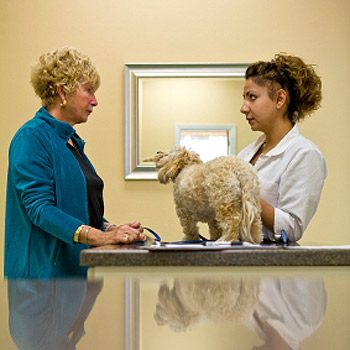
12. How to Find a Good Vet: Ask Questions
Ask questions when you look for a good vet. To get the best value for your money, make full use of your vet’s knowledge by asking questions about all aspects of pet health and behaviour. “It still surprises me that people take advice about their dog’s nutrition from a teenager working in a pet food store instead of asking me,” says Dr. Darcy Rae of Westbank, B.C., who treats hundreds of dogs and cats every year.
Click for more tips on pets and pet health.